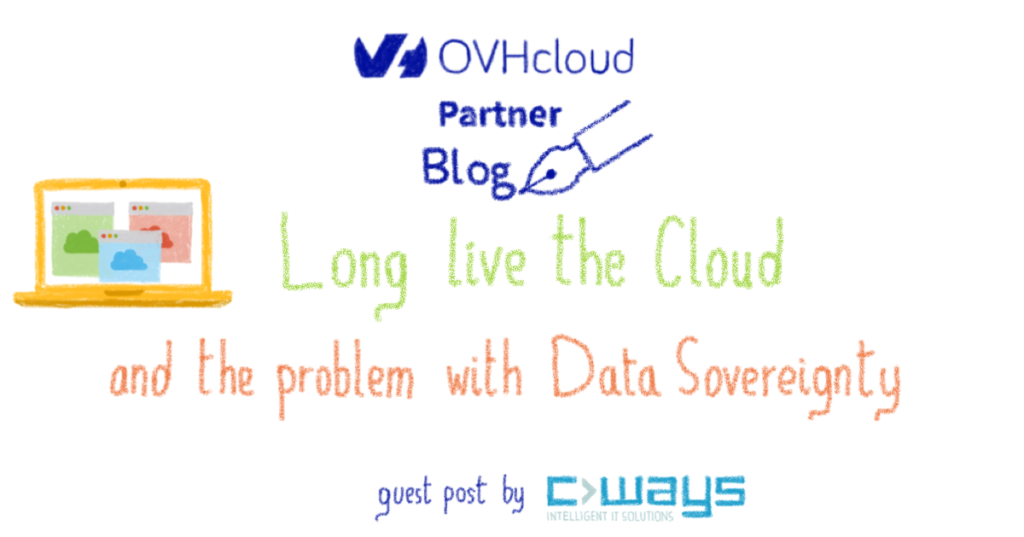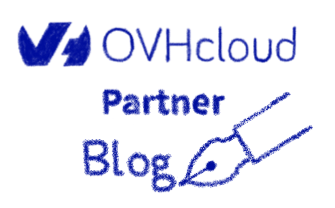Guest blog by Karen Wentworth – Sales and Marketing Director, C>Ways


The age of the cloud is upon us, and it’s changing things in ways we couldn’t even imagine just ten years ago.
Led by factors, including new ways of working and digital transformation, many companies realise that they can significantly benefit from moving their IT needs to the cloud.
However, some organisations both in transition and early adopters are discovering there can be unforeseen hurdles and costs and that transitioning with some providers isn’t plain sailing.
From knowing what and how to provision the right services to the escalating and often unforeseen costs associated with some cloud providers. Finding a provider that offers the value and ROI on services and the right levels of support and helps to make sure you get things right the first time can be a challenge.
Using a Public Cloud or Private Cloud?
It all starts with understanding your options and what it all means. The term ‘cloud computing’ originally referred to a network in which all of your information and software was stored on Internet-accessible servers, available at any time from any device with an Internet connection.
Nowadays, we use ‘The cloud’ to refer to services like email and document sharing (Google Docs), but it can also include storage (Dropbox) and processing power (Cloud servers etc.). For some organisations retaining control and security of servers being used to deliver services to employees is paramount, and this firewalled way of using the cloud is called ‘Private Cloud’. For others, using services on shared devices is a far more cost-effective solution which we focus on below.
The most common use of cloud computing is ‘Public Cloud’, which means the resources (Servers, Storage) are owned by a third party and delivered across the internet. Some organisations prefer to use ‘Private Cloud’, which sees services pushed from a data centre that could be the customers own site or hosted by a third party. However, all services delivered are on a private network, allowing an organisation that demands greater control of its environment to do so.
A common way to use Cloud services is a mix of both approaches, referred to as a ‘Hybrid Cloud’
51% of the data will be in data centres, and 49% will be in the public cloud.
What Are the Advantages of a Private vs a Hybrid Cloud Strategy?
A hybrid cloud strategy offers many of the same benefits as a public cloud, including seamless scalability and rapid provisioning. The main difference between these two types of clouds is that you control all your data and critical IT functions with a private cloud.
However, some providers can be confusing, complex, and cumbersome to procure or even understand what is needed to create a suitable cloud model for the organisation.
It was for this reason that we partnered with OVHcloud. As a human-centric focused business, we disliked that provisioning services and discovering the ongoing costs was challenging with some cloud providers. We wasted time trying to make sense and sanity check what was being purchased with no real support or humans to help guide and make sense of things.
This wasn’t the case with OVHcloud and C>Ways, as together, we can map out and understand our customers’ current and future needs. With the support of the OVHcloud team, we build ‘proof of concept’ models tailored to exact requirements and show customers the true value that a move to the cloud can deliver.

Cloud Security – A Question of Sovereignty?
The world is now hyper-connected and hyper-informed, and all of this has created a plethora of data, massive amounts of transactional and personal data.
This has led to more stringent data rules and compliance demands, which saw us implement the GDPR (General Data Protection Regulations). However, for some, this doesn’t go far enough. We live in an age of Hacktivism, Cyber Criminals and State-Sponsored cyber-attacks designed to disrupt and steal data. For example, do we want a foreign power able to access the health records of every UK citizen? The answer is No.
For these reasons,’ Data Sovereignty’ is becoming a crucial factor in organisations provisioning Cloud Services. Can you truly protect data if you don’t really know which data centre it is sitting in, and what legal guarantees apply if it’s not in the territory?
Data sovereignty refers to when digital data is subject to the laws or legal jurisdiction of the country in which it is stored.
For these reasons, many public sector and regulated industries have adopted stricter data residency and sovereignty rules requiring data to remain in the country.
The Movement of Data and What to Consider?
We push ‘Save’ and rarely worry about what happens next. Where does the information flow, is it replicated internally, is it pushed across the internet, and where does it rest.
Many people have a mindset that ‘The Cloud’ is just a thing, and ultimate trust is placed in a well-known brand name rather than looking at what is contractually covered and provided until it’s too late.
We are conditioned to trust big brand names and accept that somehow all is okay and they are watching out for us. To a degree, that is true, but thinking like that is too simplistic and potentially hazardous.
All too often, organisations have been caught out. A good example is that many in the education space enjoy the great tools that ‘Google’ delivers to the learning environment. They see files stored in drives, never ask where that data is, and don’t worry about backing it up – Google has it covered, right?
Wrong, Google, Microsoft and AWS only provide limited backing up of your data. Both recommend that you use a Third-party solution to ensure your data is backed up and recoverable.
This is without any potential data residency issues. Your data is being saved into a data centre; it’s also going to be replicated across geographically displaced locations to help keep it safe. If you have sensitive UK data, do you want foreign powers, even the US Government to access and hold this data?

If your ‘Cloud’ contract is with a US-based company, they have to comply with the US CLOUD Act, meaning the American Government can access and use your data. Furthermore, they don’t legally have to tell you they have accessed this, and it’s all above board.
Whilst we are using the example of the US here, this also applies to many organisations and countries around the globe and highlights a need to research and think about data sovereignty when using the cloud.
Whilst this may not be a problem for Dave’s SME sales proposals, for UK Public Sector, Healthcare, Education or UK Enterprises with foreign competitors, prying eyes could be a problem, and most countries have the same access rights.
For this reason, we must now look at the detail and information on data residency and make sure that as part of our due diligence, we look to ensure we make informed choices.
Helping You Make The Cloud Work For You
Ensuring our organisations and data are secure and compliant can be complicated, and it was for that reason, we chose to partner with OVHcloud. Unlike some other providers, the solutions that OVHcloud provide allow us to offer our clients control and guarantee data sovereignty for UK organisations, ensuring data is protected from third parties.
Aside from the security around sovereignty, OVHcloud provides a personal touch with an affable and interactive team to help us find and build the right solutions. We work together and share responsibility for customers. Whether it’s creating a proof of concept and presenting solutions to a board of directors, having this human resource from OVHcloud is rare and offers our customers security and comfort not given by others.
If you want to ensure your cloud solutions take data sovereignty seriously or want to lower the costs associated with your current services (OVHcloud don’t charge Ingress or Egress fees), talk to our specialist. Together we can build a secure and resilient solution that protects you both today and tomorrow.


